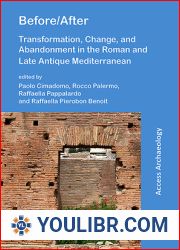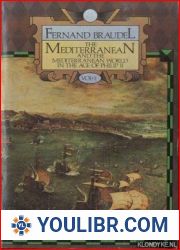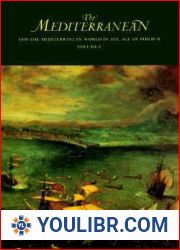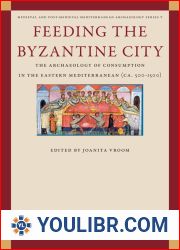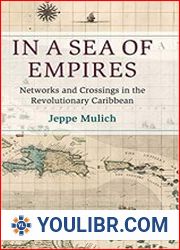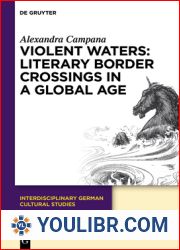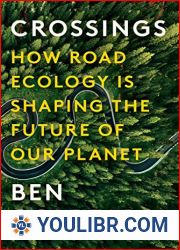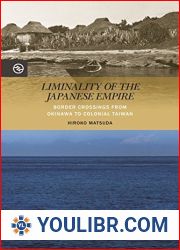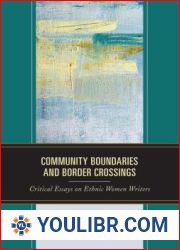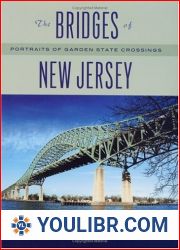
BOOKS - Mediterranean Crossings: The Politics of an Interrupted Modernity

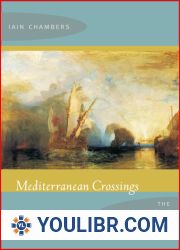
US $8.67

328551

328551
Mediterranean Crossings: The Politics of an Interrupted Modernity
Author: Iain Chambers
Year: December 26, 2007
Format: PDF
File size: PDF 984 KB
Language: English
Year: December 26, 2007
Format: PDF
File size: PDF 984 KB
Language: English
The cultural theorist Iain Chambers is known for his historically grounded, philosophically informed, and politically pointed inquiries into issues of identity, alterity, and migration, and the challenge postcolonial studies poses to conventional Western thought. With Mediterranean Crossings , he challenges insufficient prevailing characterizations of the Mediterranean by offering a vibrant interdisciplinary and intercultural interpretation of the region's culture and history. The "Mediterranean" as a concept entered the European lexicon only in the early nineteenth century. As an object of study, it is the product of modern geographical, political, and historical classifications. Chambers contends that the region's fundamentally fluid, hybrid nature has long been obscured by the categories and strictures imposed by European discourse and government. In evocative and erudite prose, Chambers renders the Mediterranean a mutable space, profoundly marked by the linguistic, literary, culinary, musical, and intellectual dissemination of Arab, Jewish, Turkish, and Latin cultures. He brings to light histories of Mediterranean crossings - of people, goods, melodies, thought - that are rarely part of orthodox understandings. Chambers writes in a style that reflects the fluidity of the exchanges that have formed the region; he segues between major historical events and local daily routines, backwards and forwards in time, and from one part of the Mediterranean to another. A sea of endlessly overlapping cultural and historical currents, the Mediterranean exceeds the immediate constraints of nationalism and inflexible identity. It offers scholars an opportunity to rethink the past and present and to imagine a future beyond the confines of Western humanistic thought.
















